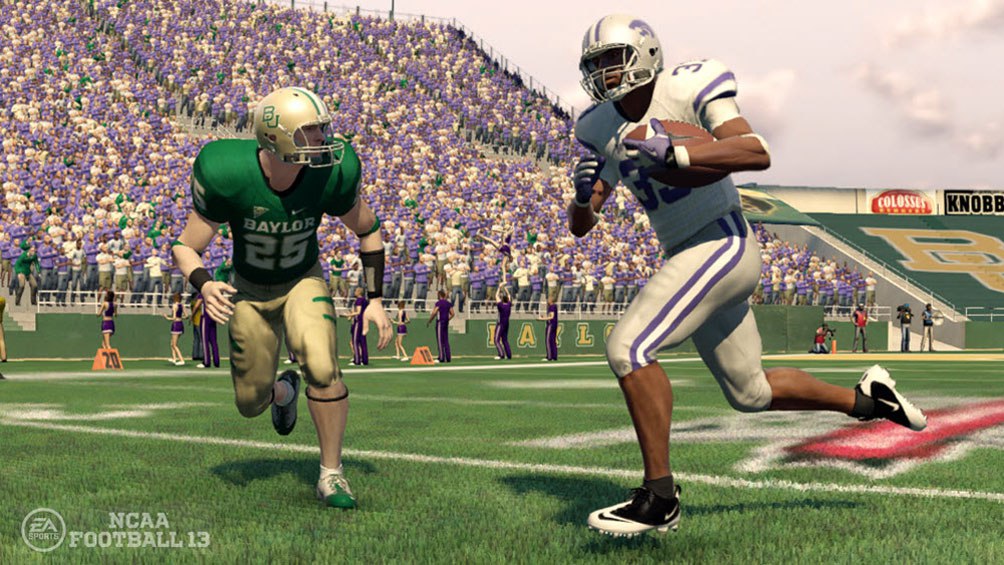NCAA Settles With Student Athletes For A Decade Of Using Their Likenesses In Video Games Without Permission

Just last week, video game giant (and two-time Worst Company In America winner) EA agreed to settle a lawsuit with student-athletes whose likenesses it had used in NCAA sports video games without their permission. Today, lawyers representing the students announced that they’ve also reached a settlement agreement with the NCAA. Between the two cases, students who were eligibly for up to $951 each in compensation are now eligible for… roughly $1000 in compensation.
For the past several years, many current and former college athletes have been suing EA and the NCAA over the use of their likenesses in best-selling game franchises. The athletes, shown in the NCAA Football, Basketball, and March Madness video game series, were not compensated for their digital appearances.
Earlier this month, EA reached a $40 million settlement with the players providing for up to $951 for each year they appeared in one of the relevant games. (New versions of the NCAA sports video games titles are released annually.) That agreement covered athletes who had played the targeted sports back to 2003, even if they had not necessarily appeared in a particular game.
Today’s $20 million settlement is with the NCAA directly. The agreement specifically includes athletes whose images, names, or likenesses were used in the sports game franchises after 2005.
The most important aspect of the settlement, however, isn’t the award actually being granted to the student athletes. It’s the larger context — that the NCAA agreed to settle at all.
The big discussion around college sports in 2014 has been about compensation: should NCAA athletes be paid? College athletics is a business worth billions of dollars, but NCAA regulations prohibit direct pay to players. Athletes, meanwhile, have even been considering unionization.
Against that backdrop, the NCAA agreeing to compensate student-athletes for anything suddenly becomes a much bigger deal. An attorney representing the athletes said in a statement that this settlement marks “the first time in the history of the NCAA that the organization is paying student-athletes for rights related to their play on the field.”
He added, “We began this case five years ago with the knowledge that the NCAA and member schools were resolute in keeping as much control over student-athletes as possible. But we were equally resolute that anyone – even a student-athlete playing under scholarship – should not be exploited for profit, especially by the organization that vowed to prevent the athlete from exploitation.”
Want more consumer news? Visit our parent organization, Consumer Reports, for the latest on scams, recalls, and other consumer issues.

